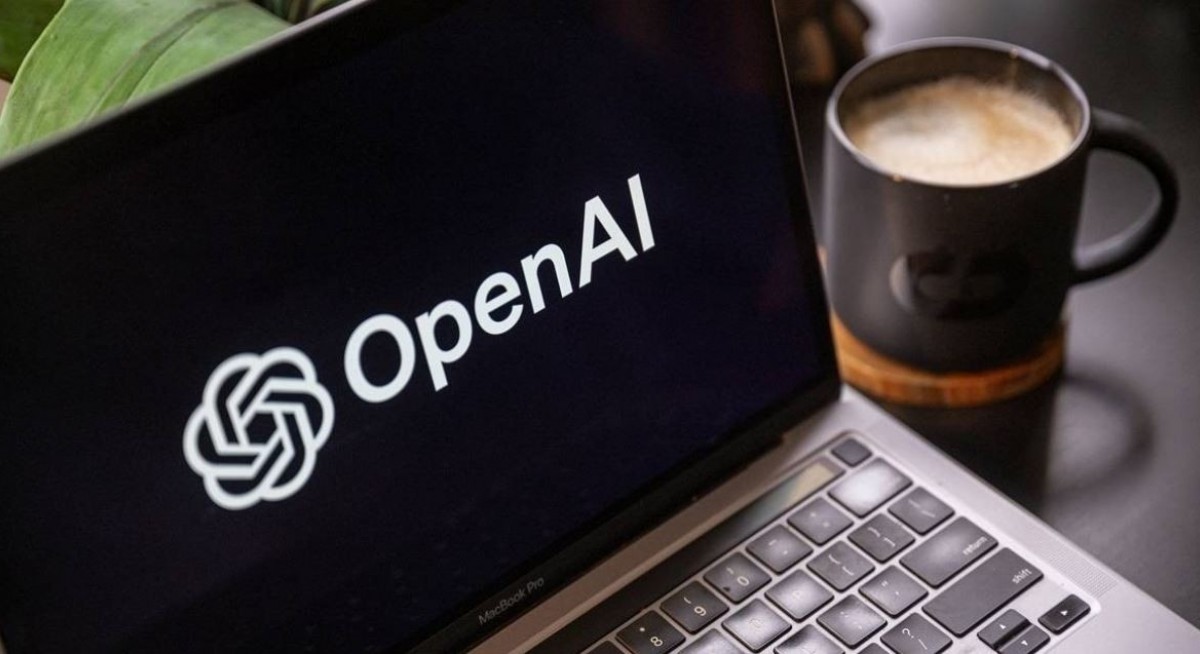Over time, the ability to deliver at AI-enhanced speed may redefine competitive differentiation and pricing power across the application-development landscape.
AI-driven automation poses structural risks to labour-intensive BPO operations, particularly in customer service, finance, and procurement workflows where repetitive processing dominates. On the other side, more-regulated, judgment-based or knowledge-intensive activities such as HR, compliance and analytics will be more resilient. The value proposition is shifting from pure labour arbitrage toward orchestration, where AI agents handle standardized tasks under human supervision.
Capgemini’s acquisition of WNS underscores a broader pivot among services providers seeking to blend automation capabilities with domain expertise, defend pricing power and capture growth through hybrid AI-human delivery models.
Gen AI likely expands demand for strategic and technology-advisory capabilities over the medium term. Enterprises will seek guidance on governance, data architecture and the ethical deployment of AI systems. Accenture and Capgemini, with strong consulting pedigrees and deep implementation capacity, are better-positioned than many IT services peers to convert these opportunities into revenue growth.
See also: Microsoft’s new programme targets faster AI rollouts in Singapore
These firms will need to quickly operationalize AI within their own delivery frameworks, retrain consultants and embed automated analytics into client engagements. Advisory players that adapt fastest may consolidate share as clients prioritize trusted AI partners for long-term transformation.
Application and infrastructure-support functions, which have traditionally depended on a large delivery pyramid, face expanding automation as AI is tasked with troubleshooting, monitoring and incident management. Pricing will compress for lower-tier work, but firms that leverage the faster resolution and reduced downtime to differentiate the services they offer could gain market share. We expect gradual headcount reduction in these areas, due to normal attrition rates as firms lean on automation to carry out tasks performed by departed employees. Eventually, contracts may shift toward more outcome-based pricing.
AI won't entirely replace support functions, but IT firms that harness automation to reduce delivery time could re-deploy skilled workers toward more value-added projects.
See also: AI race: Alphabet, Amazon, Meta and Microsoft set for US$650 bil capex this year
AI adoption could quicken enterprise migration to cloud platforms, while unleashing more automation across infrastructure-management layers. That could reduce servicing costs, but clients will expect to share the savings, keeping pricing growth muted and margins under pressure. Still, infrastructure outsourcing remains a relatively stable revenue pool, given multi-year contracts, and AI could provide an opportunity for differentiation.
Kyndryl, the leader in IT infrastructure outsourcing, expects its AI-enabled Bridge platform to improve observability into mission-critical client workloads, while also reducing costs. Even so, to reach midterm sales and margin aspirations, Kyndryl will also need steady growth from higher-value-added services, like consulting, rather than just leveraging automation in delivery.




